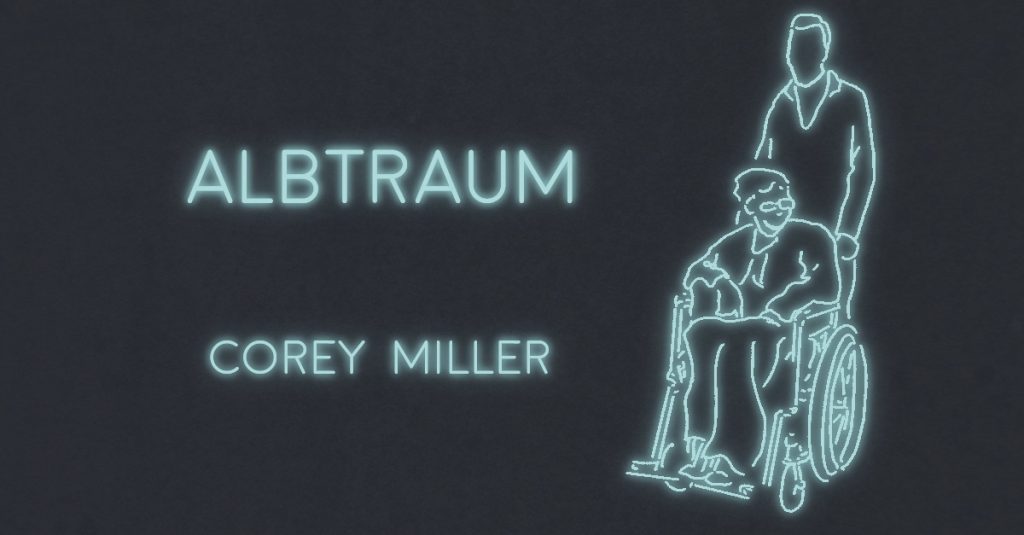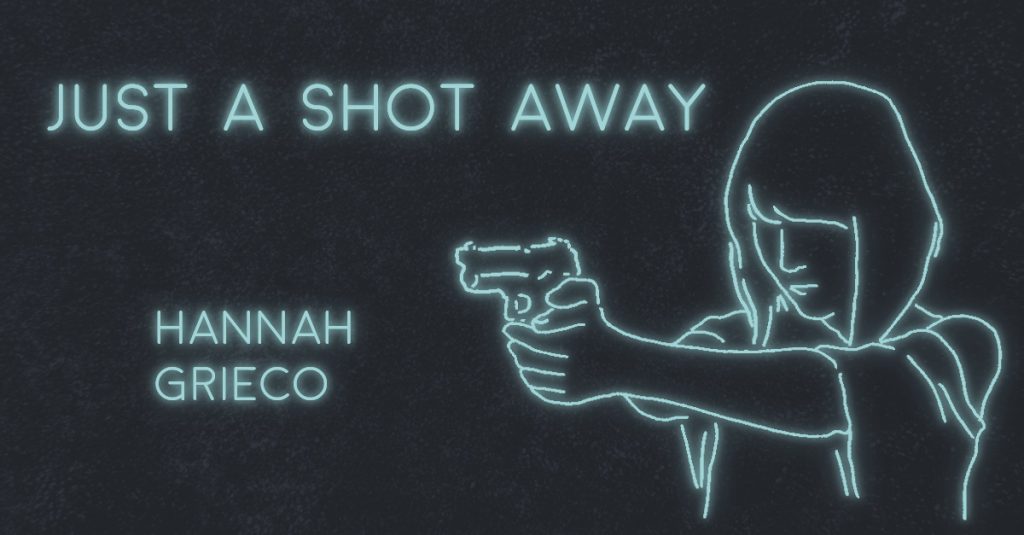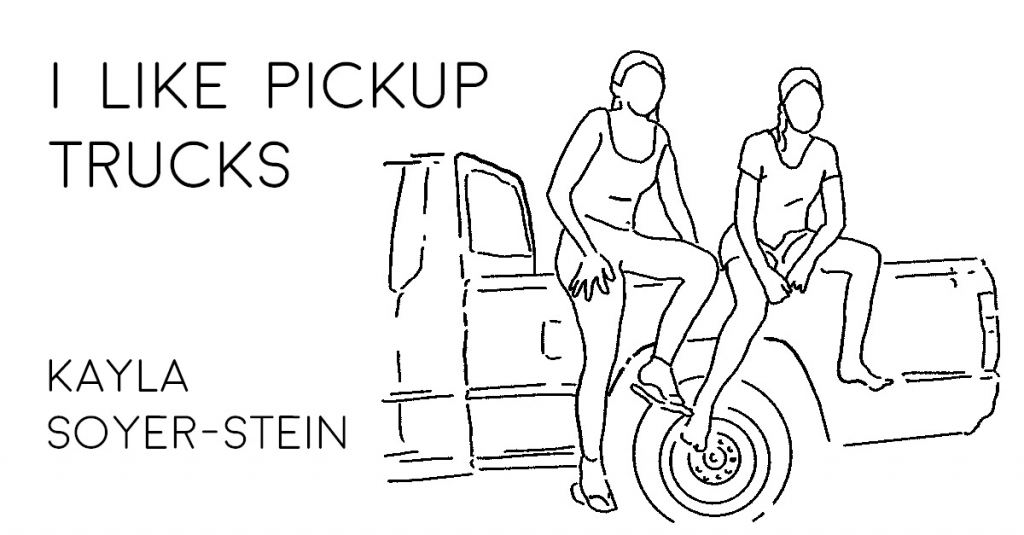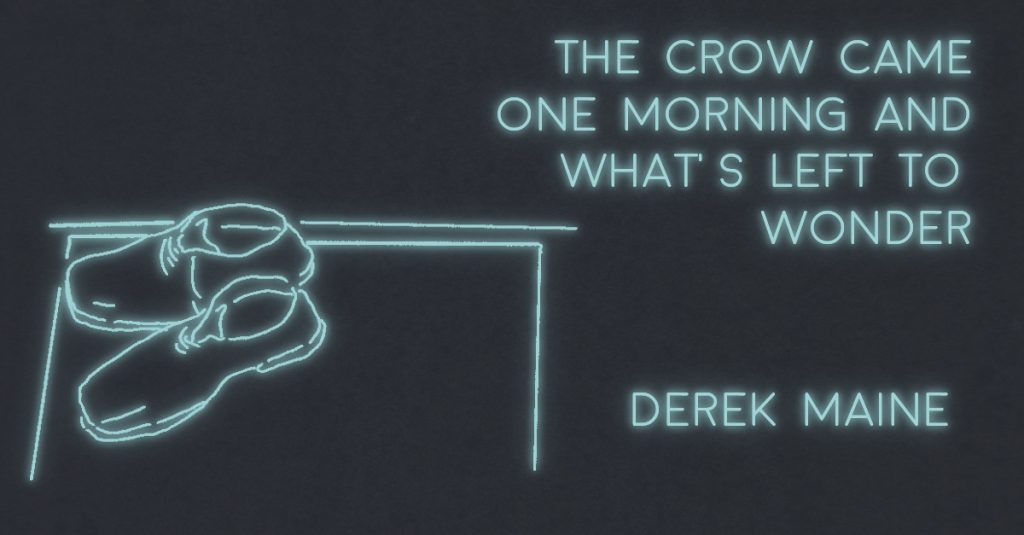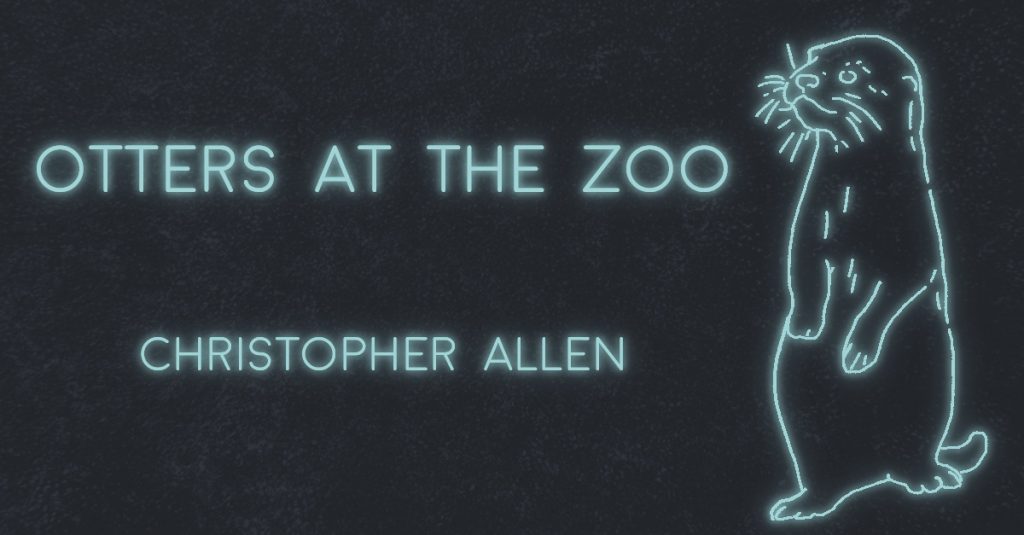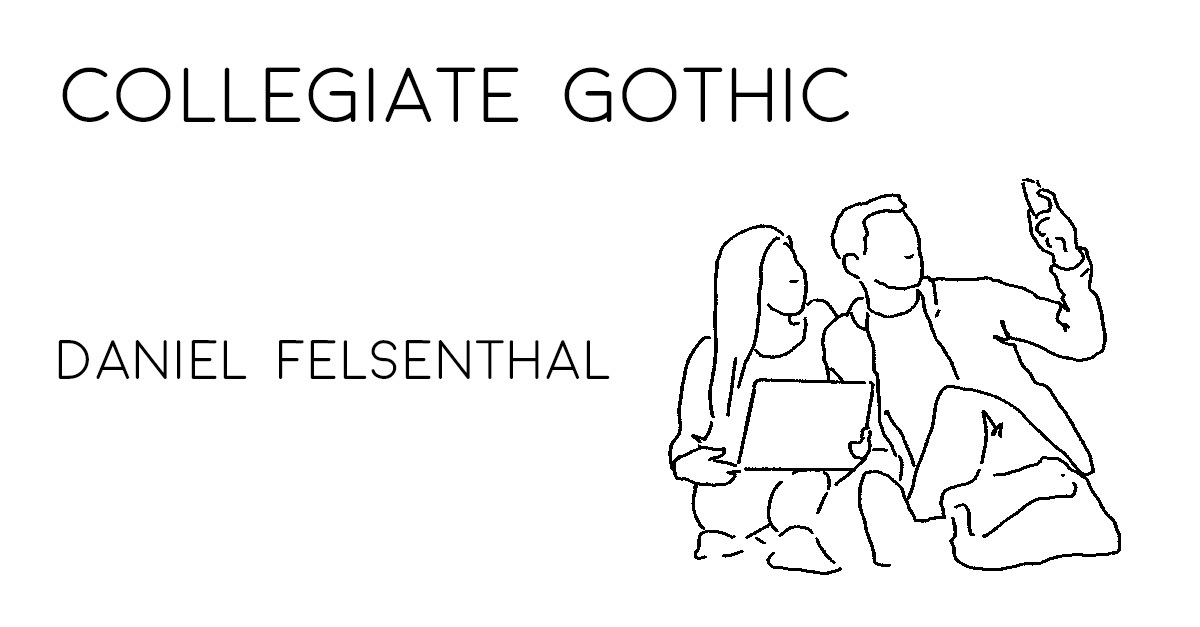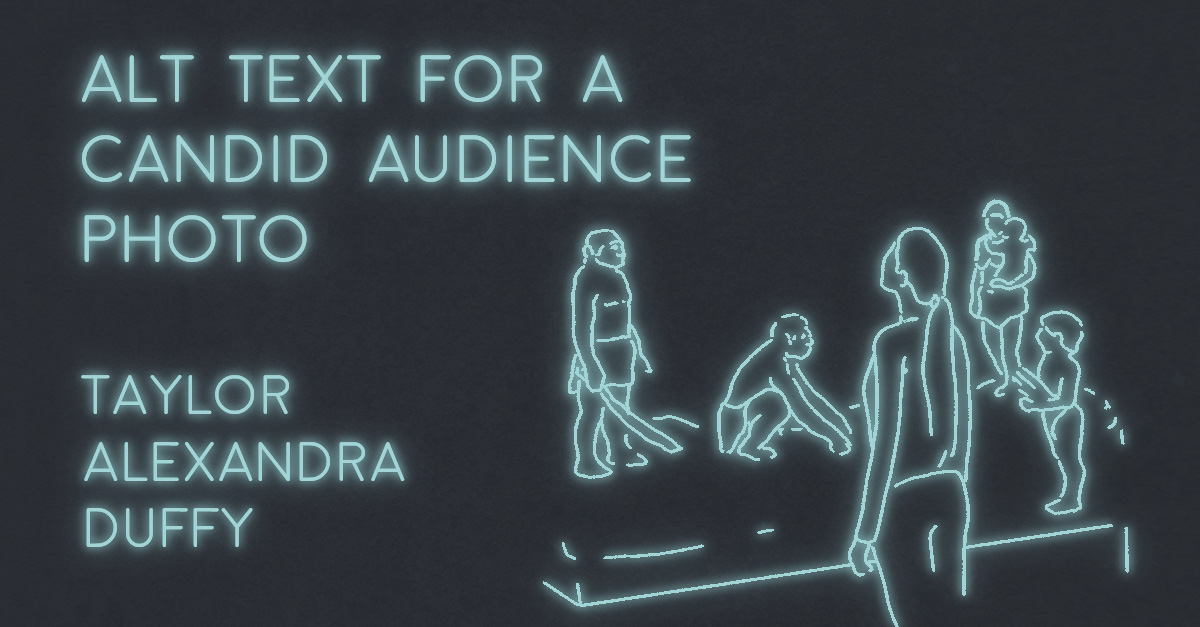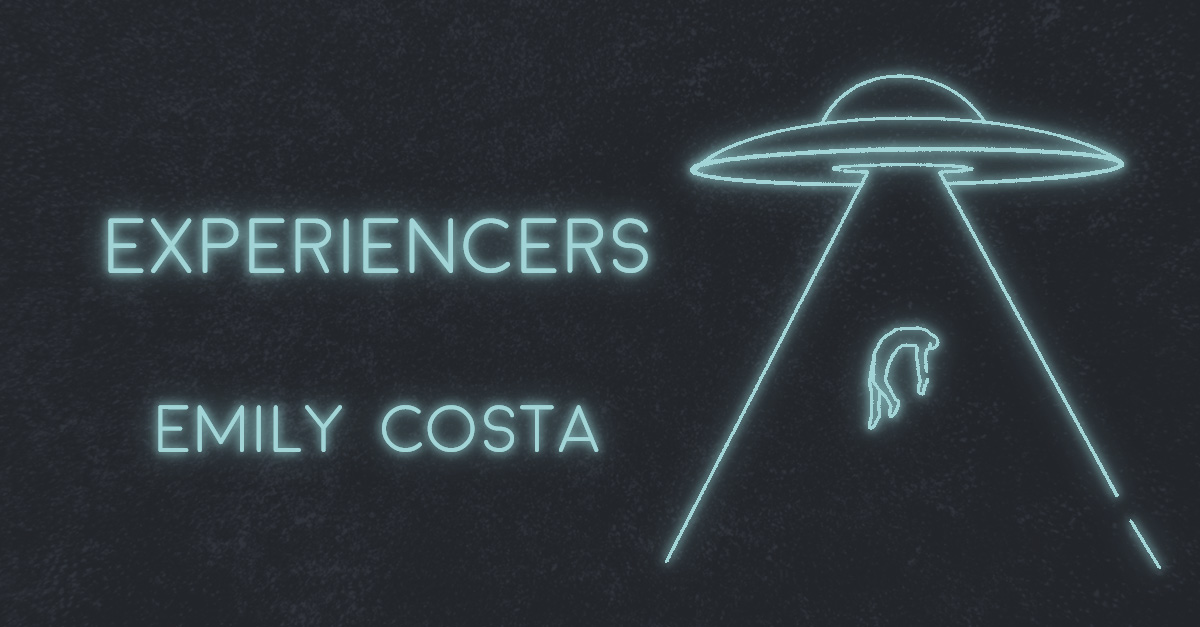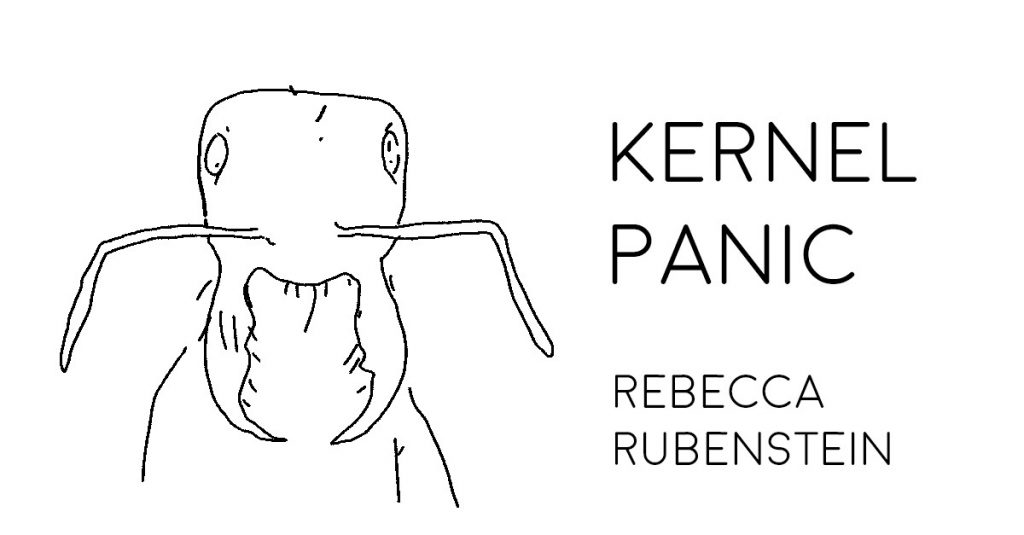
KERNEL PANIC by Rebecca Rubenstein
When his mind went blank, Benno walked to the water store. Smack-dab in the middle of a strip mall a block downhill from his apartment, it was the kind of place that didn’t pull punches. It sold water, and vessels with which to hold water, and that was it. Water cooler jugs lined the walls on one side, and empty aquariums formed a barricade on the other, and the floors teemed with pallets of imported bottled water—glacier runoff from Iceland and Switzerland and all the lands. Metallic shelving flanked each side of the store, and on those shelves sat sturdy,…

